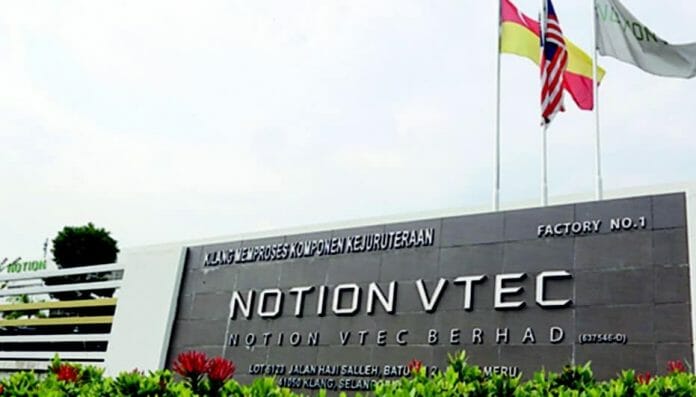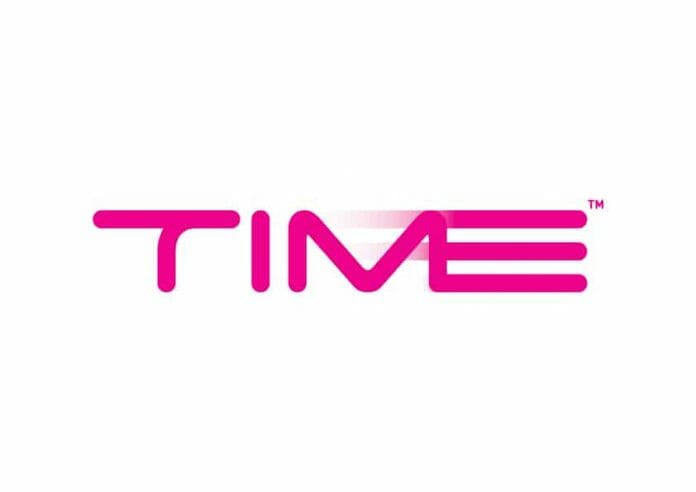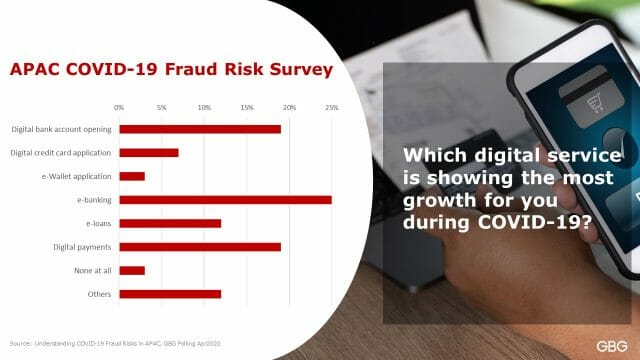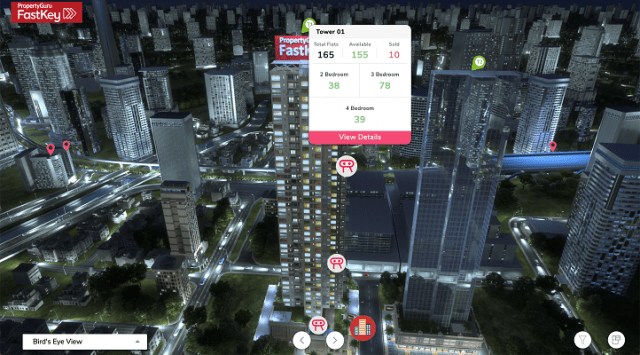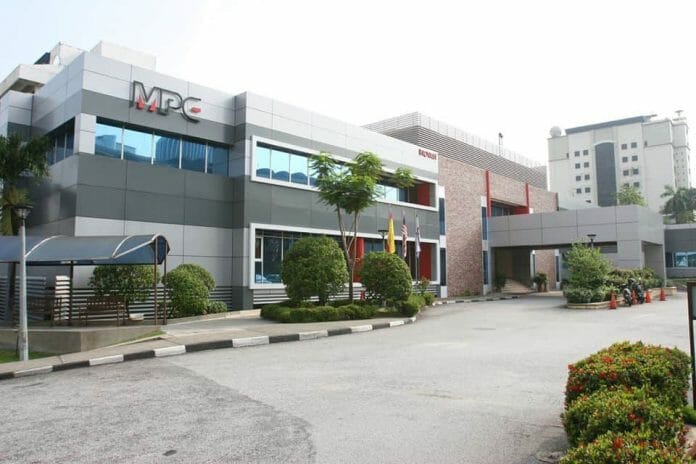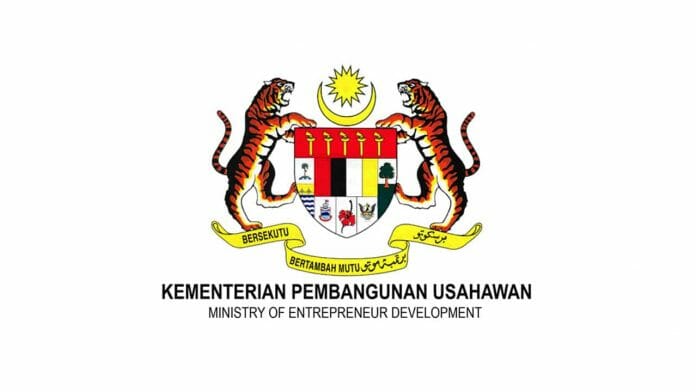Digi and the Malaysia Digital Economy Corporation (MDEC) today announced its Business Continuity Digitalisation (BCD) Programme aimed at helping small and medium enterprises (SMEs) mitigate the impact of Covid-19 by leveraging digital opportunities.
With a series of activities in the pipeline taking place throughout the year, the BCD Programme will focus on equipping SMEs with the right knowledge to realise the benefits of digitalisation as well as utilise the right digital tools and solutions to get their businesses running seamlessly.
Commenting on how Digi strives to help SMEs be BCD-ready, Praveen Rajan, Digi’s Chief Digital Officer says, “The Movement Control Order (MCO) has driven many SMEs to leverage digital means to remain in operations, from going into e-commerce to managing their workforce remotely, setting a ‘new normal’ in how businesses operate. What we hope to achieve with our BCD Programme is to help SMEs adapt to this changing landscape. During this period, Digi has remained focused in protecting our customers and employees, as well as maintaining our ongoing digitalisation efforts for business continuity. Based on our best practices, we will be consolidating a ‘playbook’ with solutions that SMEs can reference and utilise for their BCD efforts.”
The BCD Programme is in collaboration with MDEC’s 100GD initiative, which sets out to enable SMEs to adopt digital solutions to improve customer experiences and enhance efficiency of their business operations.
Surina Shukri, MDEC’s Chief Executive Officer adds, “Many SMEs are still experiencing interrupted supply-chain and difficulties operating business. This is on top of having to manage cash flow and workforce capacity as well. To ensure businesses can overcome these challenges, MDEC and Digi are collaborating to provide the necessary digital tools and support that SMEs need to continue running their business in this current situation. This will certainly help SMEs accelerate their recovery and enable them to adapt successfully in the post-MCO era. Together, we are targeting over 5,000 SMEs to benefit from the Programme including the digital workshops.”
Gearing up to be BCD-ready
SMEs can look forward to Digi’s BCD Programme, featuring a series of free webinars and online clinics that will address critical areas for a business’ digital transformation. Every webinar will provide practical steps and resources on digitalisation for efficient operations, maintaining sales, engaging customer support and more, especially while we face a once-in-a-generation shift due to the Covid-19 pandemic and change of consumer behaviour.
Registration is now open for the first webinar, which will be held on 10 June 2020. For more details, visit here .
As part of the Programme, Digi will also help SMEs assess their business’ BCD readiness, and with the findings, SMEs can then get guidance on the best digital tools and solution providers to partner with, as well as how the tools and solutions can help their business survive and grow.
Discovering digital solutions that are eligible for grant
In addition, Digi will also walk SMEs through details of the SME Business Digitalisation Grant. Designed to encourage SMEs to adopt digitalisation in their daily operations, the grant was announced during Budget 2020, with the government committing a 50 percent matching grant of up to RM5,000 per company for the subscription of any three of these five digitalisation areas: electronic point of sale system (e-POS), Enterprise Resource Planning (ERP), electronic HR payroll system/CRM, e-procurement, and digital marketing and sales platforms.
SMEs who subscribe to the following digital solutions from Digi are eligible to apply for the grant:
- altHR: an all-in-one, easy-to-navigate HR app that simplifies tedious HR paperwork including leaves, claims expense and document management from the convenience of a smartphone.
- Omni Hotline: a virtual phone system that allows a business to operate its very own call centre and business phone system from a smartphone.
- Digital SMS (dSMS): a direct SMS broadcast and communications solution that enables businesses to instantly and effectively reach out to their customers.
Providing relief to SMEs
Supporting MDEC in its #DigitalvsCovid campaign, Digi introduced its Business Continuity Booster Programme in March when the MCO first kicked in, covering essential connectivity and turnkey services to help SMEs stay connected and productive. More about this here: www.digi-x.my.booster.
MDEC launched the #DigitalvsCovid campaign to marshal local tech companies to extend digital solutions and services to affected domestic businesses especially SMEs and micro-enterprises.
SMEs are encouraged to apply for both the SME Business Digitalisation Grant as well as the tech solutions and services under MDEC’s #DigitalvsCovid umbrella of assistance not only as a means to power through this challenging period but also as a chance to embrace digital.


